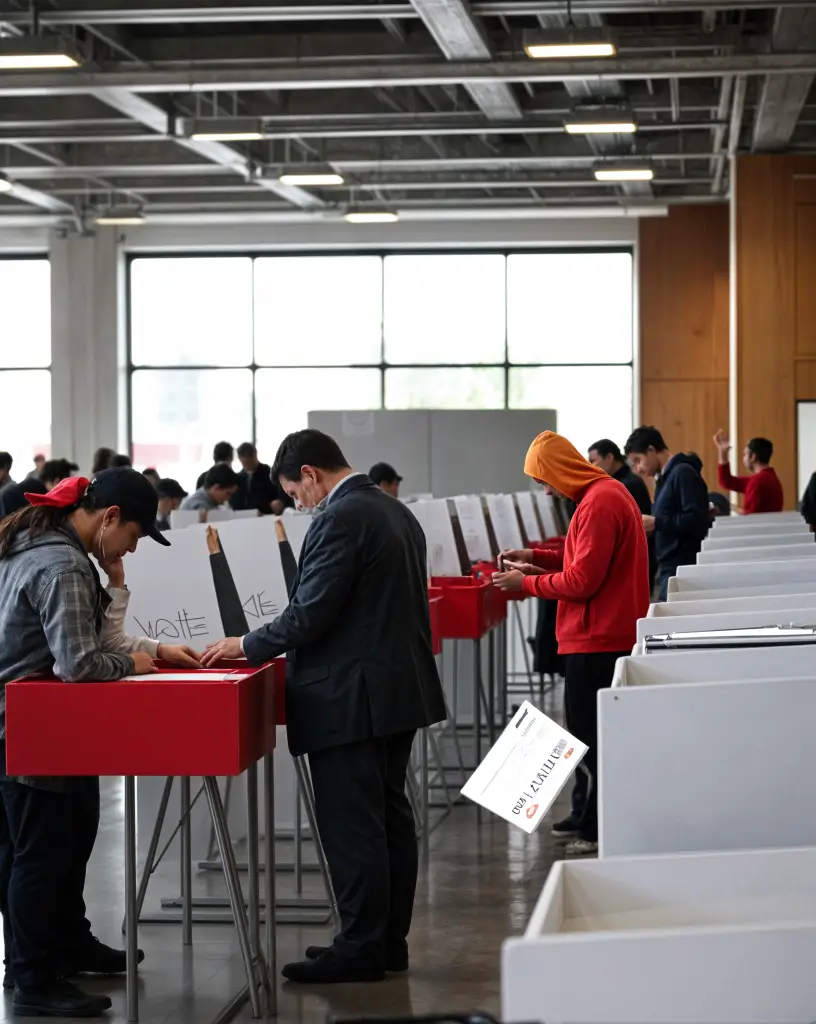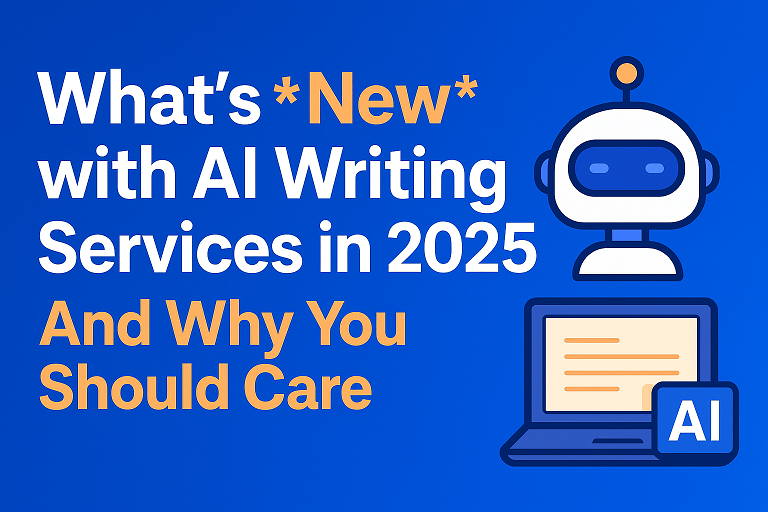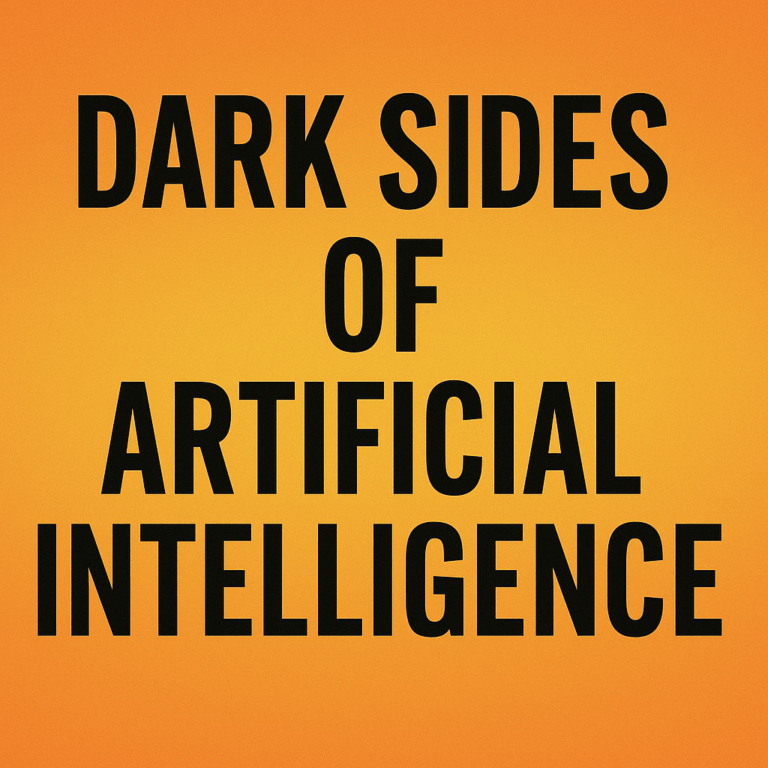In recent years, artificial intelligence (AI) has revolutionized various sectors, and elections are no exception. Around the world, AI has been integrated into election campaigns, enhancing everything from voter outreach to election security. While AI offers powerful tools to reach, understand, and engage voters, AI in elections raises ethical and security concerns. Here, we explore the multiple ways AI has been used in elections globally, shaping the future of democratic processes.
1. Targeted Campaigning and Voter Outreach
AI-powered data analysis has become a game-changer for election campaigns. By analyzing vast amounts of voter data, AI helps campaigns understand voter preferences and behavior, enabling them to create more targeted and effective outreach efforts. Machine learning algorithms sort through voter demographics, past voting behavior, social media interactions, and even browsing history to segment audiences based on various criteria.
For example, during the 2020 U.S. election, both major political parties used AI to identify and reach undecided or swing voters with tailored messages and ads. The technology helped them craft persuasive messages based on insights that could range from economic concerns to social issues, delivering content that resonated specifically with each group. Similarly, in India’s 2019 elections, political parties utilized AI to segment voters and develop regional, personalized messaging to appeal to the country’s diverse electorate.
2. Sentiment Analysis and Social Media Monitoring
Understanding public sentiment is crucial for shaping campaign strategies, and AI-driven sentiment analysis tools help campaigns achieve this on an unprecedented scale. These tools analyze social media posts, news articles, and forums to gauge public opinion and shifts in voter sentiment. AI models can process vast volumes of data quickly, identifying key trends, emerging issues, and opinions about candidates, policies, or events.
This was especially useful during the recent elections in Brazil, where campaigns relied on AI to monitor and respond to public sentiment in real time. By tracking how voters reacted to news events or campaign statements, candidates could adjust their strategies accordingly. Sentiment analysis tools also help political teams stay ahead of trending issues, preparing responses or messaging around them.
3. Chatbots and Virtual Assistants for Voter Engagement
In many campaigns worldwide, chatbots and virtual assistants powered by AI have become popular tools for interacting with voters. These chatbots, available on platforms like Facebook Messenger and WhatsApp, help campaigns provide information on their candidate’s positions, answer frequently asked questions, and even guide voters through the voting process.
For example, during elections in Europe and the U.S., campaigns have deployed chatbots to respond to inquiries about polling locations, registration deadlines, and policy questions. These AI-powered assistants make it easier for voters to access information, especially those who may not actively seek out campaign websites or traditional media.
4. Misinformation Detection
AI plays a critical role in combating misinformation—a growing concern in modern elections. Social media platforms, including Facebook, Twitter, and YouTube, use AI algorithms to detect and flag misleading content that could influence voter perception. This includes identifying deepfakes, fake news, and bot accounts that amplify false narratives.
In recent elections, AI has been crucial in spotting misinformation early. For instance, before the 2020 U.S. presidential election, platforms used AI to flag and reduce the spread of thousands of misleading posts, many of which were produced by automated accounts. These tools continue to evolve and are critical in maintaining the integrity of elections in countries where misinformation campaigns have become common.
5. Securing Election Infrastructure
As election infrastructure increasingly relies on digital technology, cybersecurity is paramount. AI enhances security by identifying potential threats to voter databases, polling systems, and election software. Machine learning models analyze network traffic to detect anomalies, such as unusual login patterns, which could signal a hacking attempt.
During the 2019 European elections, AI-driven cybersecurity systems were widely used to protect against cyber interference from state and non-state actors. By monitoring for abnormal activity in real-time, election officials were able to detect and respond to threats faster. Similar systems are now employed worldwide to ensure that election infrastructure remains secure from cyber threats.
6. Predictive Analytics for Strategy Optimization
Political campaigns worldwide are now leveraging AI-powered predictive analytics to strategize and optimize resources. By analyzing historical data, voter patterns, and current sentiment, predictive models can identify key regions or demographics to prioritize, helping campaigns decide where to allocate resources like funding, staffing, and advertising.
Predictive analytics was particularly influential during the 2020 U.S. election, where campaigns used AI to forecast which states were likely to swing. This data-driven approach allowed campaigns to better target battleground states and allocate resources effectively. Similar strategies are increasingly seen in other democracies as well, from the U.K. to Australia, where data-driven campaigning is becoming the new norm.
Ethical Considerations and Concerns
While AI offers powerful tools for campaigns and election management, it also raises ethical questions. Key concerns include:
- Privacy: The level of data required for AI-driven voter targeting raises questions about voter privacy. Many worry that campaigns might misuse personal data or that sensitive information could be vulnerable to breaches.
- Manipulation Risks: AI-powered algorithms can create highly persuasive messages, which, if used unethically, could manipulate rather than inform voters. The potential for creating echo chambers through targeted ads also poses risks to a healthy democratic process.
- Bias and Transparency: AI models can unintentionally perpetuate biases present in the data they analyze. Campaigns must be transparent about the use of AI to ensure that its application doesn’t inadvertently favor certain groups or suppress others.
Here are some helpful references on the use of AI in global elections, covering various aspects like deepfake detection, misinformation management, and AI-driven voter outreach:
- Rest of World – AI Election Tracker: This project monitors AI’s use in elections globally, highlighting how tools like deepfakes and generative AI are employed both for misinformation and innovative voter engagement. The tracker covers incidents across continents, providing a detailed view of AI’s influence on democratic processes worldwide. Rest of World
- Brennan Center for Justice: This analysis discusses AI’s role in spreading disinformation, with examples of deepfake videos and AI-driven fake calls used to mislead voters. The article stresses the need for regulations to protect against these risks while allowing positive uses of AI for public engagement. Brennan Center
.
- MIT Technology Review: This article provides a critical perspective on AI’s actual influence, questioning if the technology’s impact is overestimated while acknowledging cases where AI has swayed voter opinions through targeted ads and AI-generated political content. MIT Technology Review
.
These resources give a comprehensive picture of how AI is shaping elections, from potential risks to regulatory responses and positive applications.
Conclusion
The integration of AI into elections has brought transformative changes, allowing campaigns to become more data-driven, personalized, and responsive. With capabilities ranging from targeted outreach to misinformation detection and election security, AI is reshaping the democratic process worldwide. However, as the technology becomes more prevalent, so too do the ethical considerations around its use. Ensuring transparency, accountability, and respect for voter privacy will be essential in maintaining public trust as AI continues to play a growing role in the future of elections globally.




